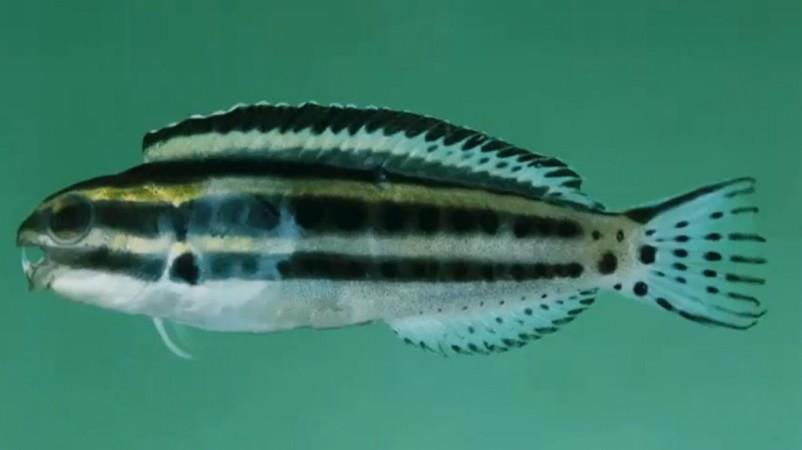
The venom of Fang Blennies, a species of small poisonous fish found in Pacific coral reefs, could be used a painkiller.
Also Read: World's first and tallest groundscraper will be attached to an asteroid off-Earth!
This fish species is bright in colour and is known for having large lower canines, from whence it got its name.
If swallowed, this fish is known to make its predators experience a "violent quivering of the head", which forces its predator to open its jaws and gills, allowing that the blenny to escape, unscathed.
Unlike other fish that inject their venom through their fins, blennies inject their venom into their predators through their fangs.
The poison doesn't induce pain but stuns its predators by triggering a sudden drop in blood pressure.
"Fang blennies developed venom glands after the origin of their canine delivery system. The defensive venom is multifunctional and exerts potent hypotensive effects," acording to the journal, Current Biology.
According to Nicholas Casewell, a lecturer at the Liverpool School of Topical Medicine and lead author of the study, only 30 kinds of blennies are poisonous, out of a 100 species.
The impact of climate change on the survival of this species has also been brought up by the author Bryan Fry, his report on the same which has also been published in Current Biology.
Losing the Great Barer Reef could lead to the extinction of creatures like blennies and even have anadverse impact on new painkiller development, according to Fry.
"Fish venom has been understudied. However, Leo Smith from the University of Kansas believed that the study has the potential to keep the field wide open, serving as a blueprint for possible future work," he told by Science World Report.

















